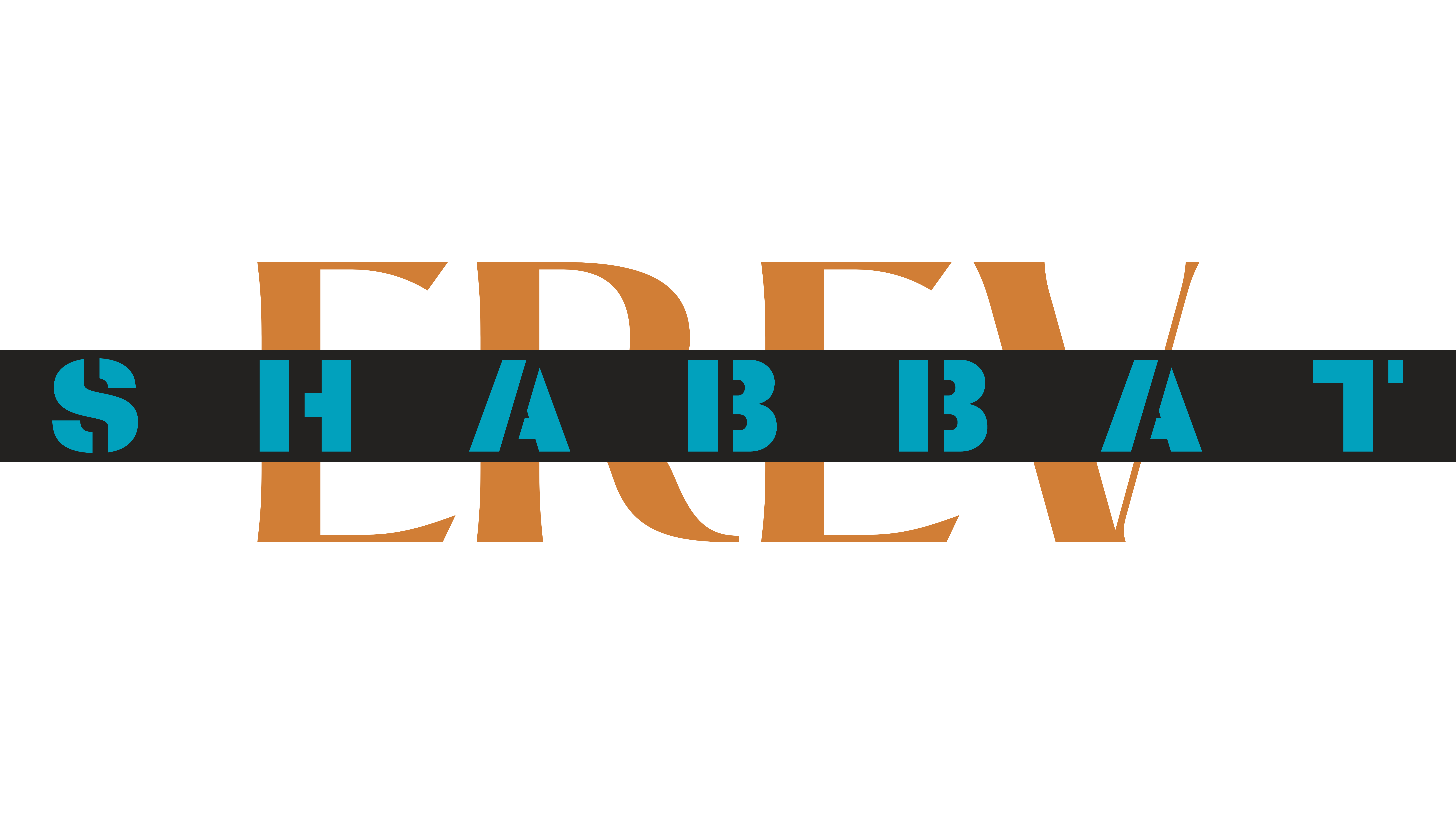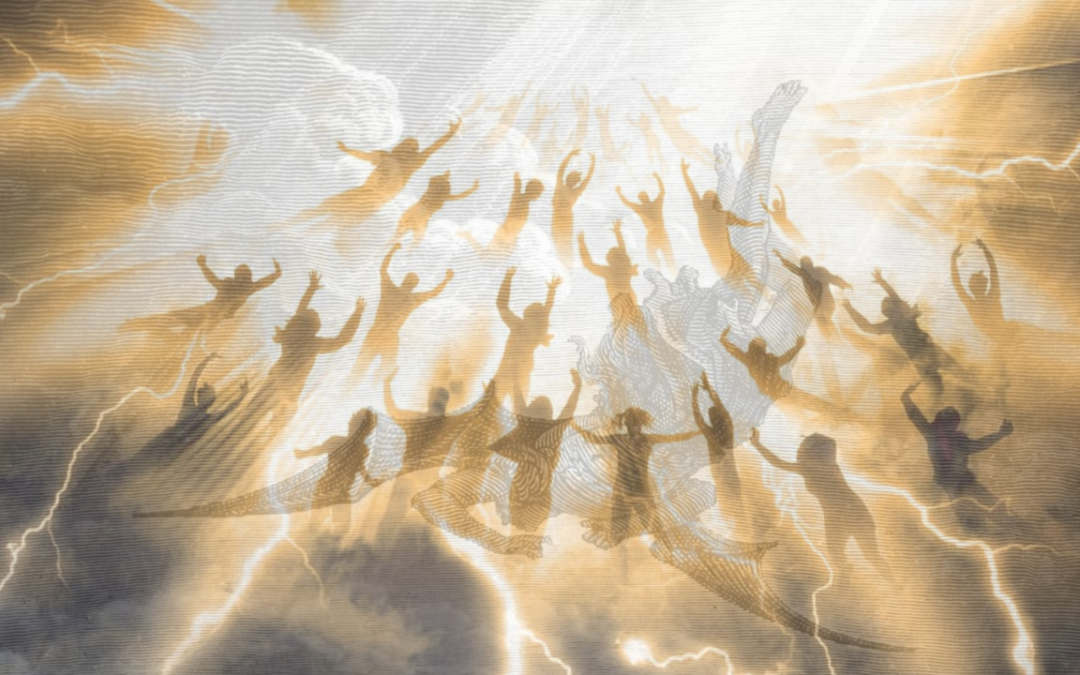In this article, we won’t be discussing the usual replacement theology. I believe the time for trying to persuade others is past; many have put in significant effort to rid Christianity of the troubling issue of anti-Semitism. I’ve addressed this topic in previous articles on multiple occasions. Every subject has its time and a point when it should come to a conclusion in order for the matter to be put to rest. Those who haven’t been convinced by now probably won’t be swayed anymore. And if, against all odds, some individuals still have a change of heart, there’s an abundance of material available online or in libraries for them to ponder.
No, here we will delve into an entirely different kind of replacement “theology.” We will discuss a substitution that has always been within the intention of Yahuwah. We are going to explore the concept of a grand replacement that isn’t a result of humanity’s corrupted intentions to seize what doesn’t rightfully belong to them. While a significant portion of Christendom is still grappling with the idea of taking the place of Jews by considering themselves “Jews in spirit” in a misguided and improper manner by misinterpreting the words of Paul, it fails to comprehend the fundamental purpose of human creation and who is truly meant to be replaced. Because, during the time of their salvation, when the Bridegroom, the Messiah, comes to take his Bride, the Church,
the born again individuals will take the place of entities that initially held a far greater spiritual significance than Jews.
So, the efforts of religious individuals trying to take the place of the chosen people will ultimately remain in vain. In the meanwhile, those who have received Salvation will be judging the fallen angels, of whom they are destined to occupy the positions and the places these angels left vacant.
One of the primary purposes of Christianity should have been to spark jealousy among the Jews by sharing the testimony of Yahushua. Ironically, it’s still a significant portion of Christendom that feels envious of a people who persistently reject the Messiah.
Can the son of a king truly feel envious of a wanderer, even if that wanderer happens to be his temporarily exiled brother? Or does such misplaced jealousy indicate that the one who believes himself to be a prince isn’t truly the King’s son? Envy seems inconceivable when one possesses everything we can imagine.
When Helel, one of the archangels, better known today as Satan, along with his followers, rebelled against Elohim, they were banished from the Kingdom of Heaven. This pertains to the Eternal Kingdom that was meticulously crafted, where every element, even the angels that later fell, had specific roles and functions. With their expulsion, a void emerged—a gap that needed to be filled in order to restore the original state of perfection.
Man was created by YaHuWaH to take the place of the fallen angels.
However, Elohim didn’t immediately position Man in their final place. Man had to undergo a test of free will before attaining the state of ultimate Eternal Life. Additionally, Elohim had an adversary to overcome, someone who aspired to his position and sought to replace him. Rather than immediately obliterating him, Yahuwah granted him an opportunity to prove himself. Concurrently, Elohim allowed time to showcase his unimaginable power before the created world, including angels and humanity.
Satan had the authority to tempt Man due to the latter’s possession of free will. And so it happened. Following Adam’s temptation, humanity received the death sentence, as promised. However, Adam and Eve weren’t immediately subjected to execution. Instead, Elohim condemned them to a gradual process of death. This process can be referred to as World History, but more simply,
this process is none other than TIME itself.
This countdown represents the very embodiment of Elohim’s mercy—a span wherein every individual has the opportunity to receive Grace by acknowledging the Savior Yahushua, thereby reconciling their relationship with the Father.
The immense grace and love of Elohim are first revealed here. Despite the fact that most people interpret Adam and Eve’s expulsion from the Garden of Eden as a sign of Elohim’s anger, judgment, retribution, and even cruelty, we should understand that it was, in fact, the ultimate display of mercy. This banishment essentially stands as the initial application of the city of refuge law. In the end, humanity’s rebellion against Elohim wasn’t deliberate. They didn’t seek to harm or disgrace their Creator. Their aspiration was to be like Him. Their struggle against their own weaknesses and desires which overpowered them. They desired to mirror Him but not replace Him. Their feelings toward Elohim weren’t tainted by hatred, in contrast to Helel and his cohorts, who succumbed to the unforgivable sin.
This countdown serves as the pivotal path towards Man’s Salvation. We were granted time—a route of escape, similar to the case of the unintentional murderer who was provided a refuge, a place to shield themselves from the wrath of the victim’s kin, as outlined in Deuteronomy 19:4-6. In this manner, we were given time to mend our relationship with Elohim. We do so by cleansing ourselves with the Lamb’s blood, shed in exchange for our sins, in order to appease Elohim’s anger.
The conflict between Satan and Elohim is no less than a duel. And, much like any honorable duel, and since the rules were established by Elohim himself, it can only proceed fairly. The adversary, no matter how cunning or vile, still merits fundamental respect and does have rights according to the laws of warfare. Both sides must show respect towards each other. Even if the opponent disregards the rules, Elohim adheres to them and compels the opposing side to not transgress certain boundaries.
It would have been overly simplistic to discard all that is corrupted, then cleanse and immediately repopulate the space by forming new angels. Yahuwah desires to fill these gaps with individuals who have been tried like precious metals. He aims to surround himself with souls who have willingly chosen conversion through their personal decision and have thus been cleansed by his Blood. He longs for authentic individuals around him, individuals who serve Him out of their own will—not mere automatons or slaves condemned to forced labor.
The angels were also granted a “time” to decide after their creation. Some among them made a different choice. And this is where Man’s role enters the picture. Mankind has the opportunity to take the place of these rebels and eventually pass judgment on them for the harm they’ve inflicted upon humanity throughout its 6000-year history.
Man is the bet. The choice is clear: either salvation through the Messiah’s blood or alignment with the tempter, leading to eternal damnation.
Satan and his demons are consumed by fury. On one hand, they acknowledge their inability to overpower Yahuwah, and on the other, they suffer profound humiliation. Once believing themselves superior even to Elohim, they now face being supplanted by beings as seemingly insignificant as humans.
Regrettably, their solace lies in their capacity to ensnare many in their perdition.
For us, solace is found in Yahushua HaMashiach. Through his Blood, he redeems all who embrace his Sacrifice and submit to His Authority.
Related additional articles: B-Reshit / B-Beginning / B-Plan, TERUMAH, Question of Life and Death
VIDEO VERSION


Wow, very clear explanation of the status of humanity. Yes, we are created to live in relationship with our Maker! Hallelujah!